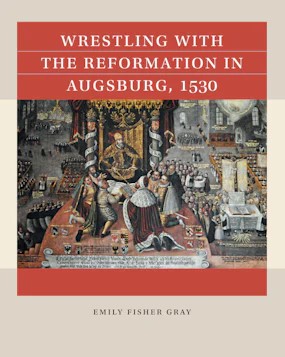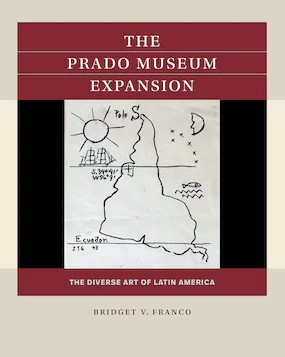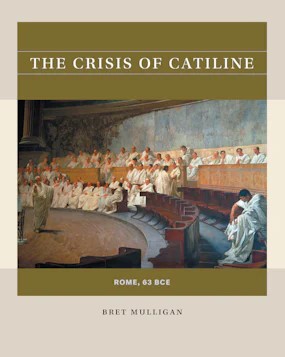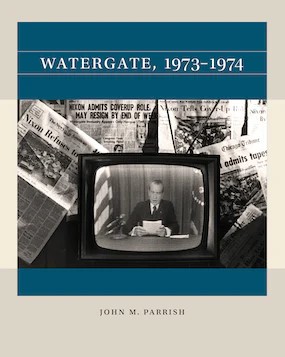
In case you missed it, UNC Press has begun publishing three new gamebooks for classroom use! Three newly published games and a are now available to order through the UNC Press website, with another on the way!
Reacting to the Past - UNC Press
These books are available in print and we hope to see them available in e-book format soon! Here's an overview of our newly published games which you can download the Instructor Manuals for today!
Augsburg, 1530
By: Emily Fisher Gray

Wrestling with the Reformation
As a member of the City Council of Augsburg in 1530, you will have to balance the competing demands of the citizens and the Emperor, while considering the implications of various Reformed positions for the city’s military defense, economic growth, and spiritual purity. Should you adopt the Augsburg Confession, a statement of principles presented during the 1530 Augsburg Reichstag by Martin Luther’s colleagues from Wittenberg? Or join the four “Tetrapolitan” cities that offered an alternate vision of reform influenced by Ulrich Zwingli? Or perhaps you should you support the Confutatio Pontificia, the strong rebuttal to the Augsburg Confession written by representatives of the Pope in Rome and endorsed by the Emperor? Decisions about religious practices in Augsburg could provoke a riot from reform-minded citizens or cause Emperor Charles V to make good on his promise to invade the city and revoke its independent charter. In this volatile environment, Augsburg needs allies, but alliances are dependent on the type of reform Augsburg chooses. As does Augsburg’s ability to feed its poor, protect its rapid proto-capitalist economic growth, and deal with the problem of Anabaptists infiltrating the community. The salvation of souls and Augsburg’s very survival are at stake.
View Augsburg, 1530
The Prado Museum's Expansion: The Diverse Art of Latin America
By: Bridget Franco

Murals, politics, race, Cubism, street art – and more! Join curators, art dealers, artists and patrons for a night of Latin American Art at the Prado Museum.
With an eye to diversifying its predominantly national Spanish-centered collection, the Prado Museum decides to curate a new gallery of Latin American paintings from the twentieth and early twenty-first century. What makes the art of Latin America unique? Which artists are considered representative of Latin American Art? What is the place of Latin American Art in the global art world today? To help answer these questions, the Prado Museum administration has set into motion a series of negotiation sessions to determine which paintings will be chosen for the new gallery. Artists and art dealers from Argentina, Brazil, Chile, Colombia, Costa Rica, Cuba, Ecuador, Mexico, Peru, Puerto Rico, and Uruguay have arrived in Madrid to advocate for their paintings' stylistic and historical importance. The Prado game provides a diachronic introduction to the diverse styles and movements (Cubism, Constructivism, Surrealism, Expressionism, Mexican Muralism, Indigenismo, Abstract Expressionism, Hyperrealism, Chicano Art, Street Art, and Naïf Art) that have influenced our understanding of Latin America art from the early 1900s to the new millennium. Taking on the roles of museum curators, docents, marketing directors, Patrons of the Arts, private art collectors, artists, and art dealers, players will learn how to identify the formal elements of Latin American painting and immerse themselves in the complex dynamics of the international art world.
View The Prado Museum Expansion: The Diverse Art of Latin America
The Crisis of Catiline
By: Bret Mulligan

It is the year when Marcus Tullius Cicero and Gaius Antonius Hybrida are consuls. Will the Republic live to see another?
Rome, 63 BC: a tumultuous year of urban and rural unrest, economic instability, sensational trials, and electoral misconduct. You are a Roman senator. Can you save the Republic…and yourself? At the center of the crisis stands Lucius Sergius Catilina or Catiline, a charismatic (and scandal-plagued) nobleman. Last year Catiline lost an election for the consulship, the highest office in Rome, to Marcus Tullius Cicero, a brilliant orator, canny politician, and “new man” (novus homo) — the first member of his family to reach the pinnacle of Roman politics. Now that Catiline has failed to be elected consul for a third time, rumors swirl that he and his followers plot assassinations and arson in Rome, while raising an army in the north. Are the rumors true — is Catiline conspiring to lead a revolution? Or have Catiline’s enemies conspired to thwart desperately needed social and economic reforms by slandering Catiline and his followers?
View Crisis of Catiline
Watergate, 1973-1974
By: John Parrish

"But if there be no accountability, another President will feel free to do as he chooses. The next time there may be no watchman in the night.” -House Judiciary Committee member James Mann, 1974
In Watergate, 1973-74, students experience the unfolding of America’s most dramatic constitutional crisis of the 20th century: the investigation of the Watergate burglary and its subsequent cover-up. Beginning in July 1973, as the point where the scandal’s main facts had finally been made public, students will portray members of Congress, the news media, and the Nixon Administration as they struggle to cope with the emerging crisis. The key to resolving the crisis are the president’s secret White House tapes – Nixon invoked questions of high constitutional principle to withhold access to the tapes from the special prosecutor and Congress – but many of his critics suspected he was merely trying to conceal evidence of his guilt. With the world’s most powerful person barricading himself within the walls of the White House and threatening to take the constitutional order itself hostage to ensure his political survival, how could well-intentioned leaders pursue truth and justice without risking collateral damage to the nation’s foundational principles and institutions? Watergate gives students the chance to understand the importance of evidence and disciplined verification in resolving conflicts of belief and value, and to wrestle with the often-frustrating complexity of using such processes to decide, under conditions of profound uncertainty, some of the most consequential questions of a nation’s political life.
View Watergate, 1973
*To help facilitate this transition, we are leaving the GUR versions of these games on the Reacting Consortium library until the end of the semester. Please plan accordingly!


